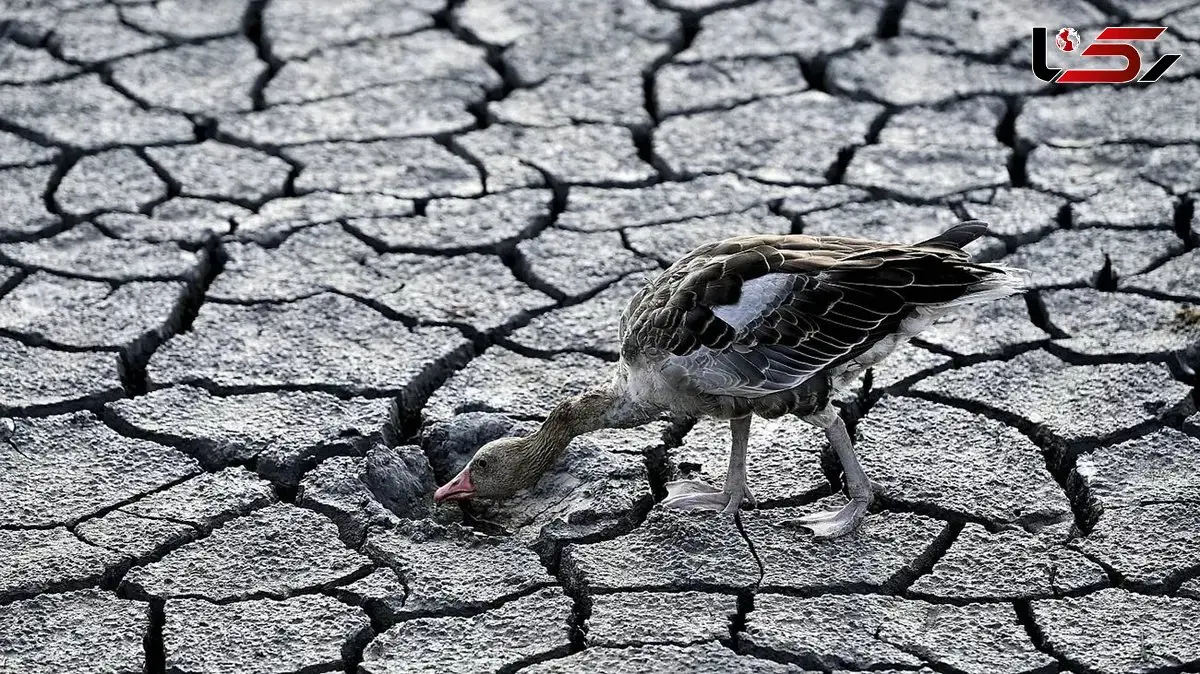Director General of Iran’s Water Information and Data Office Reports
Historic Drought; Forecasts Predict a Rainless Autumn
Rokna Economic Desk: This autumn has recorded an 81 percent drop in rainfall, marking the driest autumn in the past 58 years, while the country’s dam storage has fallen to 32 percent of capacity. Officials warn that the continued supply of water, particularly in Tehran, depends on reduced consumption and citizen cooperation.

According to Rokna, Firooz Ghasemzadeh, Director General of the Water Information and Data Office, stated that the country is experiencing a significant reduction in rainfall, going through one of the driest periods in recent years. He said: “According to the data from the Ministry of Energy’s reference stations, the current water year has so far begun with an 81 percent decrease in rainfall compared to the long-term average and a 78 percent decrease compared to last year. However, more time is needed to make a final assessment of the new water year.”
Referring to rainfall conditions across provinces, he added: “Golestan and Ilam provinces have experienced less than a 50 percent decrease compared to the long-term average, while other provinces have seen reductions exceeding 50 percent. In 15 provinces, including Tehran, received rainfall has been less than one millimeter or even nonexistent, whereas in the long-term period all provinces received rainfall.”
Ghasemzadeh ranked the country’s rainfall over the 58-year period as “the lowest” and stated that precipitation forecast models also indicate this autumn as one of the least favorable periods for water resource generation.
Regarding the consequences of the drought, he continued: “The inflow to dams from the beginning of the water year until November 22, 2025, has decreased by approximately 38 percent compared to last year, and reservoir storage has fallen to 32 percent, which is 26 percent less than the same period last year. Dams in Tehran, Isfahan, Khorasan Razavi, Qom, Hormozgan, Zanjan, Kerman, and Markazi provinces are in a worse condition.”
The Director General of the Water Information and Data Office also referred to meteorological forecasts, saying: “No active rainfall system is expected in the country in the upcoming week, but in the second week a weak system will enter the northwest and the Caspian Sea coastal strip, bringing scattered showers.”
Ghasemzadeh emphasized: “Under the current conditions, the stability of water supply, especially in the capital, is more than ever dependent on consumer behavior — behavior that can either help the country overcome the crisis threshold or prolong the restrictions.”
Send Comments